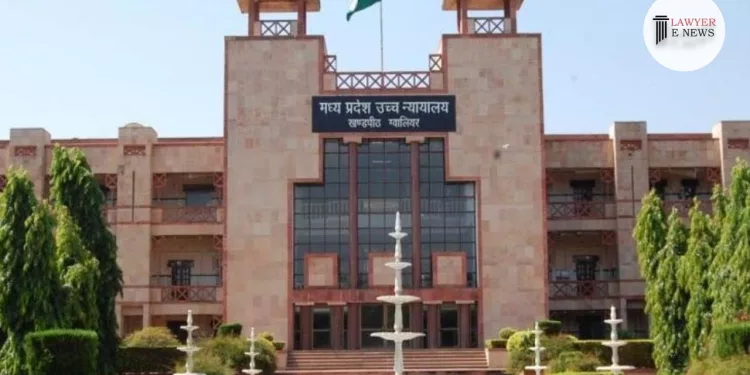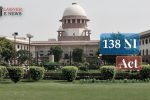Living in Adultery Requires Continuous Conduct, Not Isolated Incidents”: MP High Court Upholds Maintenance to Ex-Wife in Adultery Allegation Case

The Madhya Pradesh High Court, in a landmark decision on 12th March 2024, addressed the complex issue of maintenance in the context of adultery allegations. Justice Prakash Chandra Gupta, presiding over the case, emphasized that allegations of adultery must reflect a continuous course of conduct and not just isolated incidents to disentitle a spouse to maintenance.
Legal Point of the Judgment:
The critical legal question revolved around the interpretation of ‘living in adultery’ under Section 125(4) of the Cr.P.C. and its implications for maintenance entitlement. Additionally, the admissibility of digital photographs as evidence under Section 65-B of the Indian Evidence Act was scrutinized.
Facts and Issues Arising in the Judgment:
In this case, Ravi Kiran Arigela, the petitioner, challenged the maintenance awarded to his ex-wife, D. Asha, by the Family Court in Indore. He alleged that she was living in adultery, substantiating his claims with digital photographs. The court was tasked with determining whether these allegations and the presented evidence could legally justify the cessation of maintenance payments.
Court Assessment on Every Legal Point and Issue:
On Adultery and Maintenance: The court referenced several precedents, including the Delhi High Court’s decision in Sh Pradeep Kumar Sharma V Smt. Deepika Sharma [2022 Livelaw (Del) 324], to highlight that occasional acts of adultery do not amount to living in adultery. It must be a continuous conduct.
Evidence and Admissibility: Justice Gupta scrutinized the digital photographs presented. Despite Section 14 of the Family Courts Act, 1984 allowing leniency in admissibility, the court found these photographs, without certification under Section 65-B of the Indian Evidence Act, insufficient to prove continuous adulterous conduct.
Decision of the Judgement:
Concluding that the petitioner failed to establish his claims convincingly, the High Court dismissed the revision petition. The decision upheld the trial court’s maintenance award to the respondent, D. Asha, reaffirming her right to maintenance in the absence of concrete evidence of continuous adulterous conduct.
Date of Decision: Date of Decision: 12.03.2024
Ravi Kiran Arigela vs. D. Asha,






